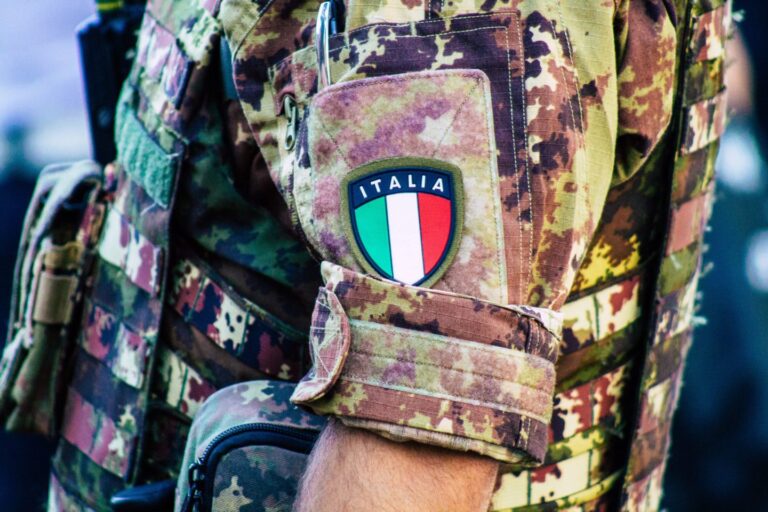Italy is turning to its military to help make its legal medical marijuana program self-sufficient.
DefenseNews reports that the Italian army intends to produce “700 kilograms (1,543 pounds) of top-grade cannabis to cover nearly half of the 1,500 kilograms (3,307 pounds) required annually in the country for those in need of pain relief, such as people with cancer or Parkinson’s disease.”
“The next step is self-sufficiency — that’s our ambition,” Nicola Latorre, who leads the Italian agency overseeing the operation, told DefenseNews.
According to the outlet, Italy imports cannabis that is not grown by the army from Holland, Canada, Denmark and Germany, but that the military is “ramping up at an anonymous-looking Army facility on the edge of Florence.”
DefenseNews explains that the facility near Florence was opened in 2014 and it “managed 50 kilograms in 2020 before rising to 300 kilograms in 2022.”
In order to meet its goal of roughly 1,500 pounds in 2023, “technicians are perfecting lighting, watering, temperature and ventilation, and they are using a blend of secret nutrients developed in-house that are mixed in with the hydroponic irrigation.”
The Italian army’s role in medical cannabis production is nothing new.
The country announced back in 2014 that “the army would help increase the production of medical marijuana, with the first secure growing facility unveiled in Florence” in April of 2015, according to The Independent.
The Independent reported in 2016 that the country’s army began “growing large crops of cannabis in order to force the price of the drug down to about €8 per gram.”
“It is hoped the sterile chamber [in Florence] will produce up to 100kg of cannabis every year, strictly for use by cancer patients, multiple sclerosis sufferers and those with other medical conditions which could be alleviated by the drug,” The Independent reported at the time.
Colonel Antonio Medica, who was overseeing the cannabis production by the Italian army, said that “the army had been entrusted with the task due to the guarantee of tight security and because it has been involved in pharmaceutical matters since the 1800s, providing medicines and treatments for injured soldiers.”
Italy legalized medical cannabis nearly a decade ago, but it has long depended on imports of the crop in order to satisfy the demand within its borders.
Col. Gabriele Picchioni, who is overseeing the cannabis facility in Florence for the Italian Army, told DefenseNews that the lab “aims to produce cannabis-infused olive oil, which users can take in drop form.”
“What we can do in Florence is produce a highly standardized product so the dosage is unvaried, at the same price as we are now paying for imports,” Picchioni said.
The reasons for tasking the country’s army with the cannabis production are two-fold: “to produce cannabis at a secure facility, and because the armed service has been in the pharmaceutical business for decades, turning out chemical warfare antidotes and malaria pills for soldiers.”
The army also “manufactures so-called orphan drugs — medicines for rare diseases or conditions that big companies ignore because of the low production rates,” making “four such drugs to supply 3,000 people in Italy.”
“As cannabis production ramps up, the Army has registered two types of marijuana it harvests as brands: FM1 and FM2, which stand for ‘Farmaceutico Militare’ (or ‘Military Pharmaceutical’ in English). Each contains a different level of tetrahydrocannabinol, the compound that gives pot its high,” DefenseNews said.
